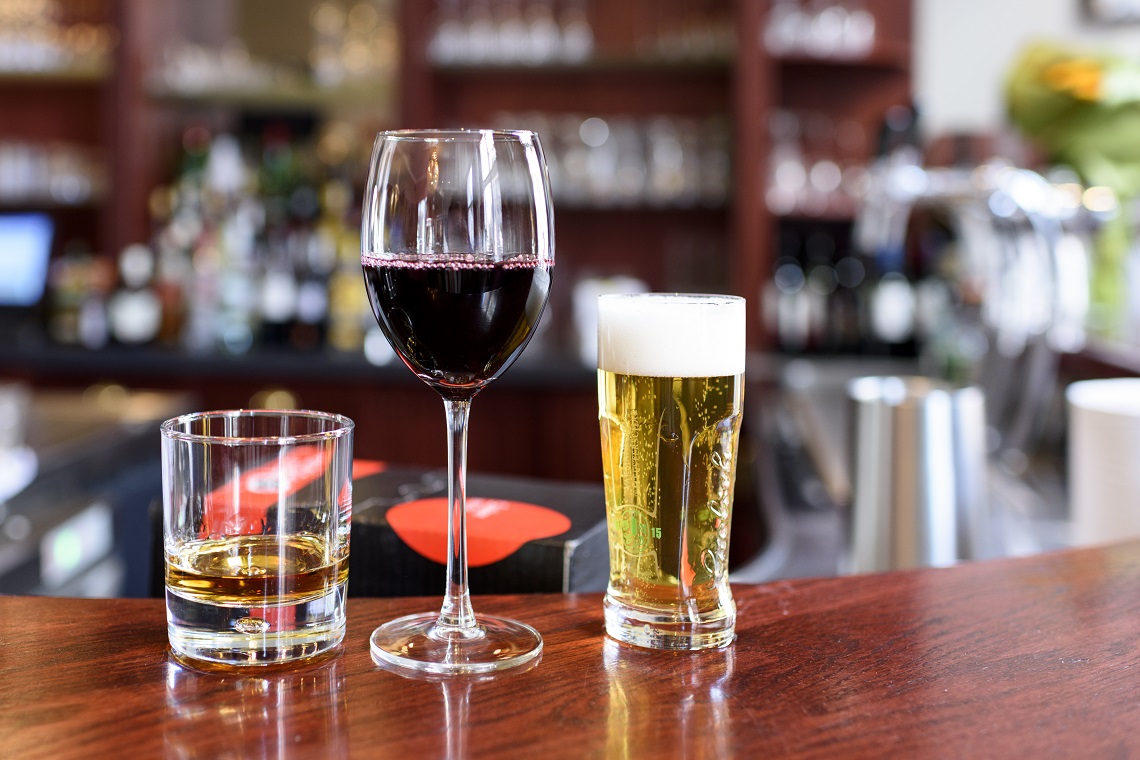Alcohol Beverages Australia (ABA) has welcomed this week’s news that alcohol consumption in this country continues to decline, saying it shows that Australia’s relationship with alcohol remains on the right track.
This week the Australian Bureau of Statistics released its Apparent Consumption of Alcohol Data, which showed the lowest rate per capita of pure alcohol consumption since 1961-62. The data reflects the well-known industry trend of premiumisation, with consumers drinking less, but drinking better.
ABA Executive Director Fergus Taylor said the statistics showed Australians were listening to the responsible drinking messaging and continuing to improve the way they enjoy their favourite drinks.
“[The ABS] statistics are another reminder that for most Australians, enjoying a drink with family and friends is a normal part of a balanced lifestyle.
“The statistics complement trends from the 2016 National Drug Strategy Household Survey (NDSHS), which showed underage consumption was falling, harmful drinking was falling, and the majority of Australians continued to drink responsibly within the national guidelines.”
The ABS data showed beer (39.2 per cent) and wine (38.3 per cent) accounted for most consumption in Australia, while spirits (13.1 per cent), RTDs (6.0 per cent) and cider (3.4 per cent) made up the remainder.
“All categories fluctuate with trends and fashions, for example the decline in pure alcohol in the beer category shows consumers are shifting from full strength to mid-strength and light beers. The lower alcohol varieties now account for one quarter of all beer products sold in Australia,” Taylor said.
“The continued expansion of our thriving food scene is also encouraging people to take more of an interest in the way their drinks complement the food they are eating.
“We are also seeing increases in gourmet or experience-related consumption at smaller specialist venues based around specific and often locally made and owned products.”
Taylor also said it was important Australians continued to enjoy a sensible relationship with alcohol.
“Ensuring that positive trends such as declines in underage and binge drinking continue is an important national responsibility, and the alcohol beverages industry will continue to work with governments and local communities to maintain these trends,” he said.
“A combination of education, responsible service of alcohol and strict enforcement on underage sales is required to achieve this, and the industry will continue to work hard to ensure these important messages and initiatives continue.”

